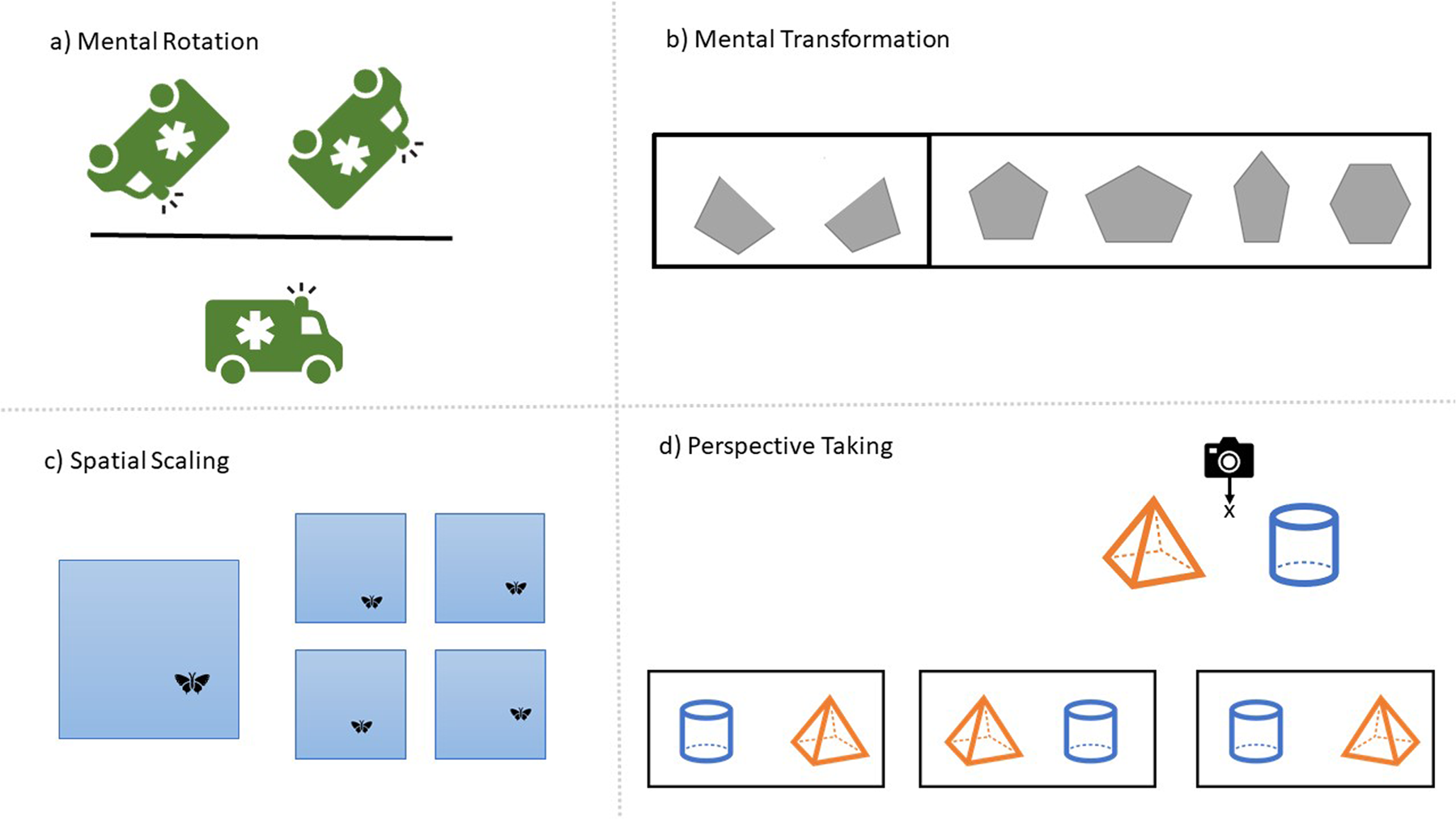Researchers from the University of Basel have found that the spatial reasoning ability in small children resonates with how well they would perform in mathematics later. This conclusion makes a case for better cultivation of spatial reasoning. If a child has good mathematical skills, good career options are there for him, such as natural sciences as well as many of the technical and engineering fields. However, a nationwide survey conducted in Switzerland in 2019 revealed that children at school achieved only average results in mathematics and so promoting math skills from a young age is very much necessary.
The team found a correlation between the spatial sense and mathematical skills of children at the age of three in elementary school. “We learned from the previous research that adults think spatially while dealing with numbers. For instance, they represent the small numbers on the left and the big numbers on the right,” Merlin explained. However, very little research has been done on how spatial thinking at a young age affects children’s learning and understanding of mathematics in their later years. Research published in the “Learning and Instruction” journal shows that there is a strong correlation between early spatial skills and understanding of mathematical concepts later. The researchers also ruled out that this association is due to other factors such as socioeconomic status or language ability. It is not clear how spatial skills affect children’s mathematical skills, but the spatial representation of numbers can play a role.
The conclusion is based on an analysis of 586 children in Basel, Switzerland. As part of a project to learn German as a second language, the researchers set up a series of tasks for three-year-old children to assess cognitive and socioeconomic skills. For instance, children are asked to arrange colored cubes of a certain shape. The researchers repeated these tests four times approximately 15 months apart and compared the results with the performance of 7-year-old children in first grade.


